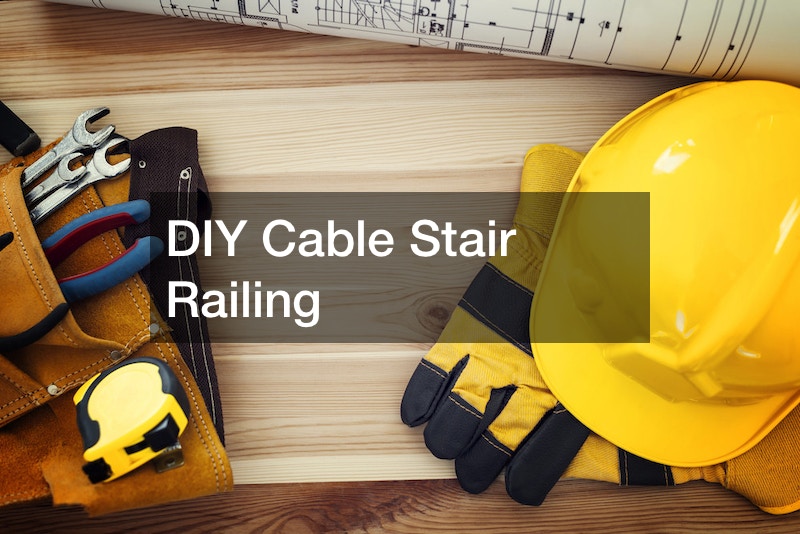
When considering home improvement, window replacements are often high on the list. High-quality windows can enhance your home’s aesthetics, improve energy efficiency, and increase property value. They serve as a barrier against external elements, providing comfort and protection from the weather.
Moreover, new windows can significantly reduce noise pollution, creating a serene indoor environment. With numerous styles and materials available, it’s essential to understand the options before making an informed decision.
Investing in new windows can greatly impact your monthly utility bills. Energy-efficient windows can cut energy costs by reducing heat transfer, keeping your home warm in the winter and cool in the summer. It’s important to look for windows with Energy Star ratings and low U-factor and SHGC ratings, which indicate better performance in minimizing energy loss. Additionally, the choice of window frame material, such as vinyl, wood, aluminum, or fiberglass, can affect overall efficiency and durability. Understanding these factors will help in selecting windows that meet both your functional and aesthetic needs.
Besides energy savings, new windows can enhance the overall aesthetic appeal of your home. Choosing the right style, such as casement, double-hung, or picture windows, can complement your home’s architectural design. Thus, window replacements not only beautify your home but also increase its resale value. Many potential buyers look for homes with modern, efficient windows to avoid future replacement costs. Therefore, window replacements are a smart investment in both short-term energy savings and long-term property value.
Factors to Consider When Choosing New Windows
When choosing new windows, several factors need to be taken into account. First, consider the climate in your area, as it affects the type of glass and frame materials that will perform best. For example, double or triple-glazed windows are recommended in colder climates for better insulation. In contrast, Low-E glass coatings are ideal for warmer regions to reflect heat and keep interiors cooler. Additionally, your home’s architectural style and your personal design preferences should guide your choice.
Window installation is another key factor that can affect the longevity and performance of your windows. Professional installation ensures that windows are fitted properly to prevent air and water leaks. Improper installation could negate the benefits of energy-efficient windows, adding unexpected costs down the line. When selecting an installation service, choose a company with a solid reputation and good customer reviews. A proper installation service will offer warranties on both the windows and their workmanship.
The cost of window replacements can vary greatly depending on the quality, material, and additional features. While initial costs may seem high, it’s important to factor in the long-term savings on energy bills. Consider any available local or federal tax credits for energy-efficient windows that could help offset initial expenses. Knowing the cost-benefit of various window options will guide your choice towards a solution that fits your budget and needs. As with any home update, it’s crucial to balance cost with performance and durability.
Common Types of Window Replacements
There are several popular window types, each with unique benefits. Double-hung windows are versatile and easy to clean, featuring two sashes in a single frame that can adjust for airflow. Casement windows offer wide-open views and excellent ventilation with their side-hinged, outward opening design. Picture windows, which are stationary, add aesthetic appeal and capture expansive views. Sliding windows are easy to operate and ideal for rooms with horizontal space limits.
Beyond the style of the window, the material is a critical consideration. Vinyl windows are popular for their durability, energy efficiency, and low maintenance requirements. Wood frames offer traditional appeal and excellent insulation but require regular maintenance to prevent rot and damage. Aluminum frames are strong and lightweight, providing a modern look, though they lack the thermal performance of other materials. Fiberglass windows offer superior durability and energy efficiency but come at a higher price point. Each material has its pros and cons, and the choice will depend on your priorities and budget.
Understanding glass options is also essential for choosing the right window replacements. Double and triple-pane windows offer increased insulation with the added benefits of noise reduction. Low-emissivity (Low-E) glass has coatings that prevent heat loss while allowing natural light entry, enhancing the window’s overall efficiency. Argon gas fills between glass panes reduce heat transfer, further improving insulation. Choosing the right combination of glass and window type will ensure optimal performance tailored to your specific needs.



